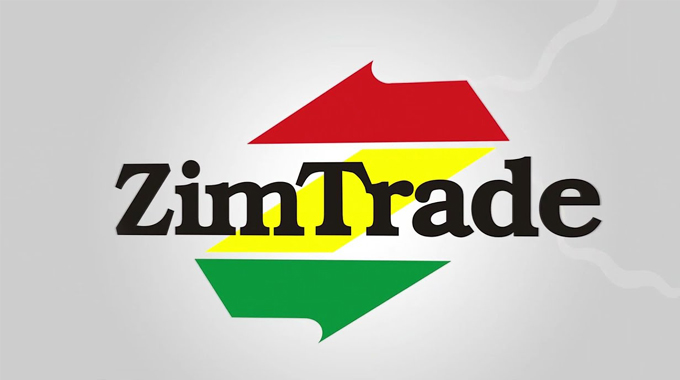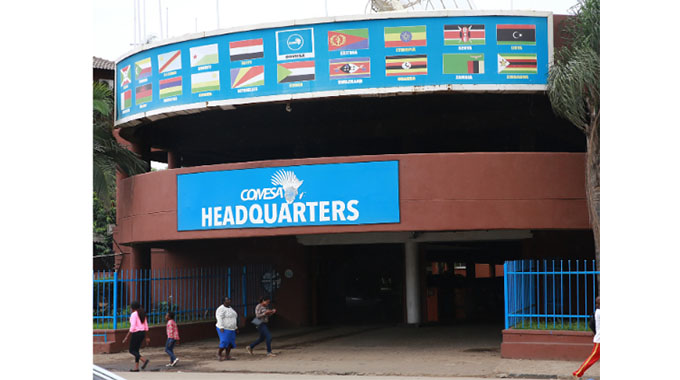The Chronicle

Prosper Ndlovu, Business Editor
A TOTAL of 30 Zimbabwean companies will participate at the 2022 Botswana Global Expo, which begins today in Gaborone as the country scales up efforts to boost its export earnings and steer robust economic transformation.
The annual multi-sectoral exhibition is organised by the Botswana Investment and Trade Centre (BITC) and this year’s edition runs from November 1 to 4.
The country’s trade development and promotion agency, ZimTrade, has facilitated the participation of all the 30 local companies, of which 26 will participate physically and the remainder have sent their products to be showcased at the neighbouring country’s prime trade platform.
This year’s participation is a significant increase from the 15 firms, which last took part in 2019 and nine that participated in 2018.
The companies are drawn from different sectors of the economy and for Zimbabwe this is highly significant as it speaks to the broader trade development and export strategy, and its contribution to attainment of Government’s Vision 2030.
Commenting on this mission, ZimTrade chief executive officer, Mr Allan Majuru, said Botswana is a strategic market for Zimbabwe, with several opportunities across sectors such as processed foods, building and construction, and manufacturing.
“Leveraging on good political relations between our two Governments, Botswana Global Expo presents room to transform the relations into economic gains, along the economic diplomacy agenda being implemented by the Ministry of Foreign Affairs and International Relations,” he said.

“As we already have a bilateral trade agreement with Botswana, participation of Zimbabwean companies at the Expo will help unlock opportunities by creating stronger linkages with leading buyers in the market. Zimbabwean companies already enjoy duty-free trade on qualifying products when exporting to Botswana.
“As companies take part in the Expo, we are looking forward to seeing an increase in Zimbabwe’s exports into Botswana, which will make it easy to attain the export growth targets espoused in the National Export Strategy that was launched by President Mnangagwa.”
In line with the ZimTrade mandate of trade development and promotion, during the trade events, local exporters are presented with an opportunity to showcase their products and services with the objective of increasing their exports to foreign markets.
 President Mnangagwa
President MnangagwaZimbabwe’s participation at the trade show is guided by a market survey carried out by Zimbabwe in February 2018, which showed vast export opportunities for companies in the building and construction materials supplies, processed foods, mining supplies, agriculture implements and inputs subsectors.
The exploration of these opportunities by Zimbabwean companies has resulted in an increase in exports to Botswana from US$19,5 million in 2017 to US$31 million in 2018, according to official data.
Zimbabwe and Botswana are both members of the Sadc and Comesa regional blocs under which they have agreed to create a conducive environment to promote the movement of goods and services across their borders.
ZimTrade has also urged local companies to also take advantage of the Zimbabwe- Botswana Bilateral Trade Agreement that was ratified in 1988.
 ZimTrade
ZimTradeThe pact allows for reciprocal duty free trade on all products grown, wholly produced or manufactured wholly or partly from imported inputs subject to a 25 percent local content requirement.
Given its geographic centrality within the Sadc region, Zimbabwe is land-linked and shares borders with South Africa, Botswana, Zambia and Mozambique.
This positions the country favourably for offering ease of logistics for trade within the region and beyond.
 Comesa
ComesaAccording to ZimTrade, Zimbabwe’s exports are largely destined for South Africa followed by the United Arab Emirates and others.
Zimbabwe’s primary export revenue is derived mainly from the country’s rich mineral wealth including tobacco, platinum, diamonds, gold, copper, nickel and granite. The country also has rich soils and has huge potential for horticulture exports.
Article Source: The Chronicle
